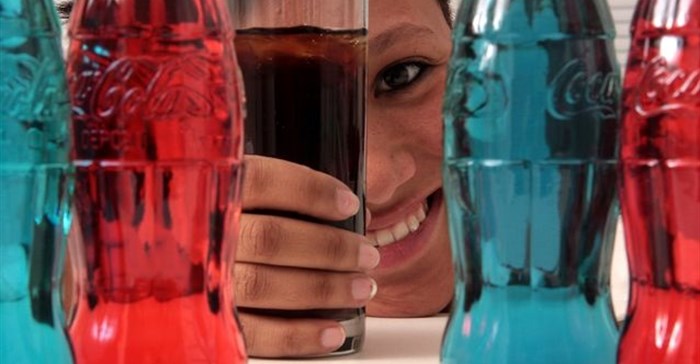Local beverage manufacturers have fired a fresh salvo in their campaign against the government's plans to impose a tax on sugary drinks, releasing research that casts doubt on the science underpinning Treasury's policy position.
The state plans to introduce a tax on sugar-sweetened drinks from April 1 2017 to combat obesity and its associated health risks. Treasury has proposed a tax of 2.29c per gram of added sugar, roughly a 20% tax on the average price per litre of sugary drinks. It says the tax should reduce the number of obese adults by about 220,000.
The Beverage Association of SA (BevSA) commissioned research from independent consultancy Econex. It was released on Tuesday — two days before the industry is expected to meet Treasury and Department of Health officials to discuss the proposed tax.
Econex’s research challenges a key study cited by Treasury in its policy paper on the sugar tax, saying it assumed consumer demand for sugar-sweetened drinks was elastic and would fall if prices rose as a result of the tax.
Drawing on an analysis of Nielsen consumer data on local soft drink sales, Econex said demand for these drinks was actually inelastic, consumption would not fall as sharply as the policy paper predicted, and there would consequently be a smaller health impact.
Even a slight drop in the consumption of sugar-sweetened beverages would lead to up to 28,000 job losses, with a knock-on effect on the economy, Econex found.
It said reducing the energy content of sugary drinks would be a more effective way to combat obesity than a sugar tax.
Trade and Industrial Policy Studies senior economist Neva Makgetla said Econex’s employment findings assumed there was only a decline in demand for sugary drinks.
"But there would also be a shift in household consumption to other goods and an increase in government tax revenues and therefore spending," she said.
"The extent of these two other effects will vary, depending on elasticity of demand for sugary drinks — higher elasticity would see a greater shift in household spending, lower elasticity would lead to higher tax revenues.
"Either way, there would be a stimulus to other parts of the economy that would offset the impact on sugary beverages.
"Since bottling is a capital-intensive industry, the result could actually be an increase in total employment, although more research would be required to evaluate the actual effects," she said.
Makgetla said reducing the energy content of sweet drinks should not be regarded as an alternative to a sugar tax, as both measures could be pursued.
The department declined to comment, saying it was inappropriate to discuss the matter ahead of Thursday’s meeting.







































